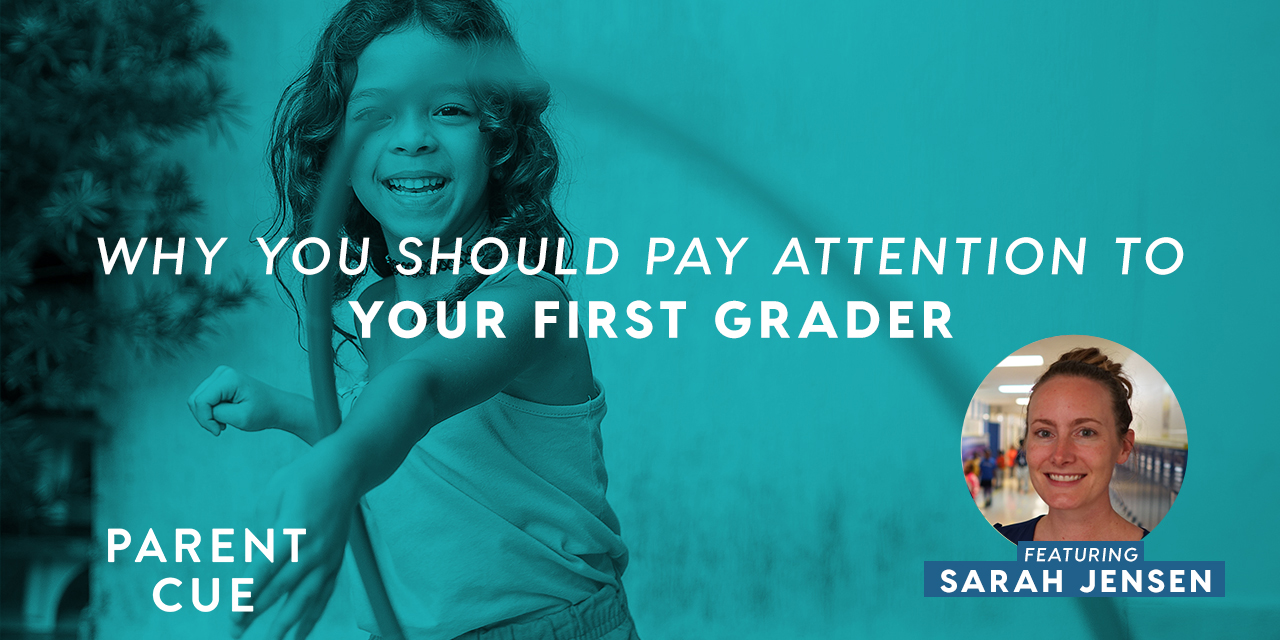
We’ve all heard someone joke (or not joke), “My kid isn’t dating ’til they’re 30!”
I’ve always wanted to respond with, “LOL, good luck with that!”
I’m not about to set my four-year-old up on a date with Zach from preschool, but I also know that I can only control so much when it comes to my kids and dating.
I can control who they’re with and where they go (to a certain degree), but I cannot control their feelings. And in a culture that glamorizes romantic relationships to a near-fairy-tale degree, I must accept that my teenage daughter will sooner-than-later want to date.
As a protective mama, of course I want to guard my three girls against any form of hurt, pain, or regret. I’d feel that way if I had boys too. They’re no less vulnerable.
Romantic relationships at any age are a challenge. Factor in an undeveloped frontal lobe and you’ve got the recipe for massive emotional destruction.
But that’s why living in the reality of what is likely is a far healthier headspace than coming up with ways to avoid the inevitable.
Here are a few things I’m keeping in mind as my kids enter the “dating” years.
Dating is an ongoing conversation between you and your kid, and it’s a conversation that needs to start early.
Notice I didn’t say dating needs to start early. Just the conversation about dating. I went through a book series with my older girls about their bodies and how they’re meant to be taken care of and treated. So yes, we had “the talk.” But talking about dating isn’t the same thing as talking about sex.
Dating is different now than it was when we were growing up. Since the dawn of the digital age, kids and teens are finding ways to “hang out” without ever leaving their bedroom. Unless you’re checking your kid’s phone every day, it’s impossible to know who they’re spending time with online/over the phone unless you ask.
And not in an interrogative kind of way. In fact, definitely not. But in a, “Hey, you’ve been glued to your phone all afternoon. You talking to someone new?” way. Ask questions about their school day. “Who did you sit with at lunch today? What were you guys talking about?”
And, yes. Ask who is dating. My seventh grader puts TMZ to absolute shame with the middle school tea. She knows it all. But she also knows if she spills, she can trust me with the information. (Unless someone is in danger of hurting themselves or others, my lips are sealed.)
Ask questions. Listen without overreacting. Be someone your kid trusts with the topic of dating.
Your language around dating matters.
As parents, we have always been careful not to glamorize dating or relationships.
As my girls were growing up, they’d often bring up a boy at school or church they thought was cute. Their dad and I have always responded with, “Cool! Is he a good friend? Having good friends is important.”
We set the boundary early that having crushes wasn’t the goal, but having a good friend was.
In fact, when everyone else had “boyfriends” on the playground in elementary school, we told our girls, “Nah, having a boyfriend at your age isn’t nearly as cool as being friends with everyone!”
Watch what you say about dating. Especially if you’re a single parent on the dating scene. Your kids are watching you. As a single parent, I’ve definitely had to take a look in the mirror and ask myself some tough questions. Am I holding myself to the same standards I’ll hold my daughters to when they start dating?
Dating isn’t necessarily bad.
Too often, we associate our kids dating with our kids being sexually active. I think this posture does more harm than good. Because any time they bring up dating, we shut it down immediately for fear of where their dating could lead. Then, we become the last person they want to talk to about it.
Like any relationship dynamic, talking takes work and experience. Some of our personal weaknesses are never more evident than they are when we’re in a dating relationship. Learning about yourself is a critical step to self-reflection and improvement.
Under the right circumstances, our kids being in a healthy dating relationship could actually be beneficial to their growth. But, of course, under the right circumstances.
Dating requires open and honest communication, boundaries, and mutual respect between you and your kid. And you have to be prepared for what might happen if (when) things don’t go your kid’s way. As we discussed in a recent blog post, having a teenager with a broken heart is tough—on both of you.
It’s important that as parents we honor their emotions—especially the big ones involved with dating.




